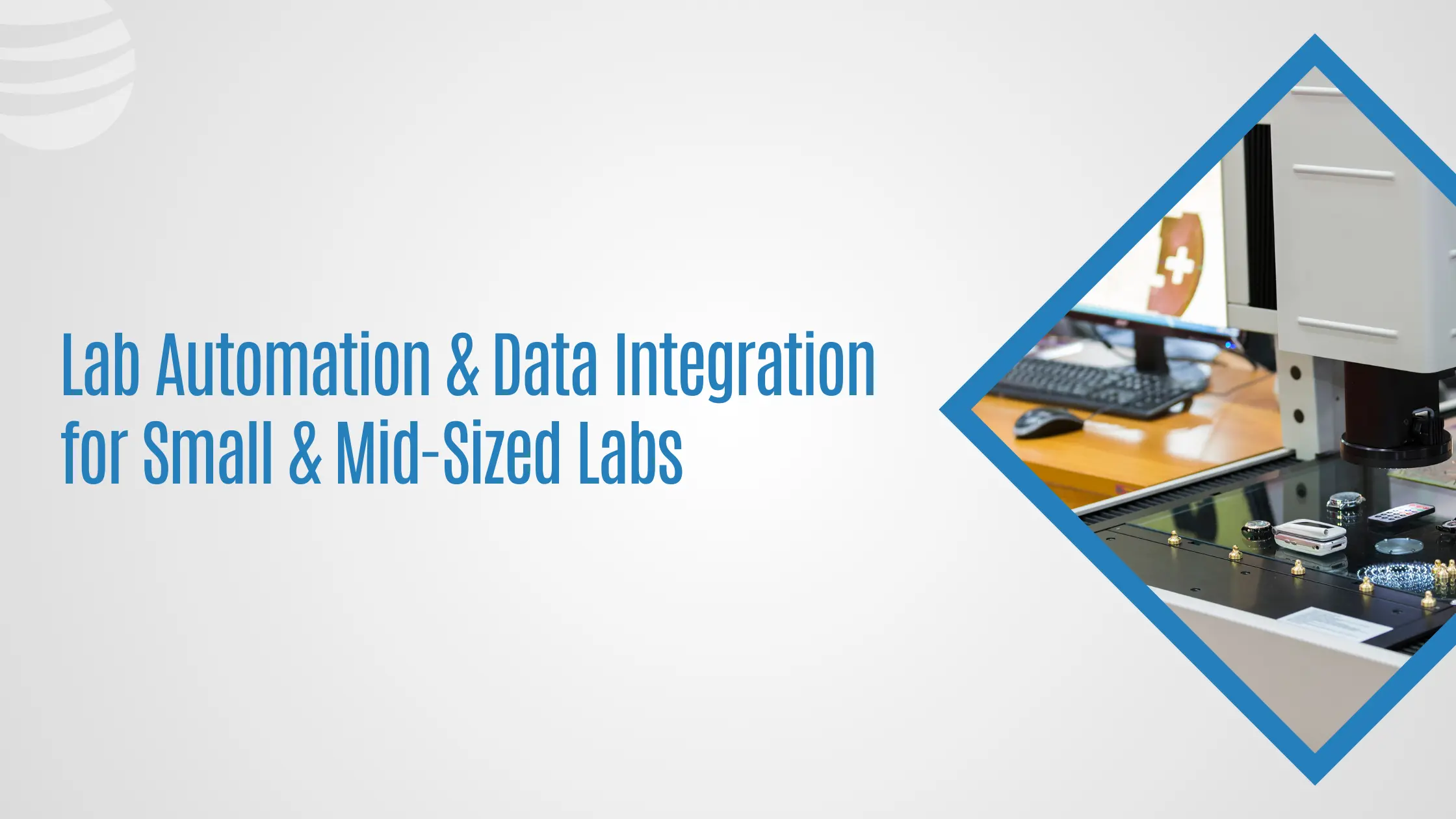

Enhancing Laboratory Productivity with Advanced LIS Lab Software Features
Laboratories are the backbone of modern healthcare and research, providing critical insights for diagnostics, treatment, and innovation. However, the increasing demand for faster, more accurate results has put immense pressure on laboratories to operate efficiently. Enter Laboratory Information Systems (LIS)—sophisticated software solutions designed to streamline workflows, improve data management, and enhance overall productivity. In this article, we explore how advanced LIS lab software features can transform laboratory operations, diving into specific functionalities and their impact on efficiency, accuracy, and compliance.
Challenges Faced by Laboratories Without Advanced LIS Features
Before we delve into the advanced features of LIS software, it’s crucial to understand the pain points laboratories face without these tools. Common challenges include:
- Manual Errors: Data entry and manual transcription of results often lead to errors, which can compromise patient outcomes and research integrity.
- Inefficient Workflows: Disconnected systems and reliance on paper-based processes slow down operations.
- Data Silos: Lack of integration between laboratory instruments and external systems results in fragmented data.
- Compliance Risks: Keeping up with ever-changing regulations is challenging without automated tracking and reporting tools.
- Low Scalability: As laboratory workloads increase, outdated systems struggle to meet growing demands.
These challenges highlight the need for advanced LIS lab software that addresses inefficiencies and fosters productivity.
Advanced LIS Lab Software Features That Drive Productivity
State-of-the-art LIS platforms come equipped with features designed to optimize every aspect of laboratory operations. Here’s a closer look at the most impactful ones:
1. Automated Sample Management
Managing samples manually can be time-consuming and error-prone. Advanced LIS software automates the entire process, from sample registration to tracking and storage management. Features like barcode scanning and real-time tracking ensure that every sample is accounted for, reducing the risk of loss or misidentification.
- Key Benefits:
- Improved traceability of samples.
- Reduced sample processing times.
- Elimination of mislabeling errors.
2. Instrument Integration and Interfacing
Modern laboratories rely on a diverse range of instruments, each generating vast amounts of data. Advanced LIS software integrates seamlessly with these instruments, enabling automatic data transfer and minimizing manual input.
- Key Benefits:
- Faster data processing.
- Reduced transcription errors.
- Centralized data storage for easy access.
3. Customizable Workflow Automation
Every laboratory has unique workflows, whether it’s a clinical lab processing patient samples or a research lab conducting experiments. Advanced LIS platforms offer customizable workflow automation that aligns with specific operational needs.
Key Features:
- Rule-based workflow automation.
- Configurable dashboards for real-time monitoring.
- Notifications and alerts for critical tasks.
Impact:
- Enhanced operational efficiency.
- Consistency in processes.
- Improved resource utilization.
4. Real-Time Data Analytics and Reporting
Data is the lifeblood of any laboratory. Advanced LIS software provides robust data analytics tools that generate actionable insights from laboratory data. From trend analysis to quality control metrics, these tools empower labs to make data-driven decisions.
- Key Benefits:
- Faster identification of anomalies or errors.
- Optimization of test volumes and resource allocation.
- Enhanced compliance with reporting standards.
5. Regulatory Compliance Management
Laboratories operate in a highly regulated environment, with strict standards for data handling, quality assurance, and reporting. Advanced LIS platforms simplify compliance by offering:
- Automated audit trails.
- Pre-configured compliance templates for standards like CLIA, HIPAA, and ISO.
- Real-time alerts for non-conformities.
This ensures that laboratories remain audit-ready at all times, reducing the risk of penalties or reputational damage.
6. Integration with EHR and External Systems
Seamless communication between laboratories and healthcare providers is essential for timely patient care. Advanced LIS software enables interoperability with Electronic Health Records (EHR), Hospital Information Systems (HIS), and other external platforms. This integration ensures that test results are delivered promptly and accurately.
- Key Benefits:
- Enhanced collaboration between labs and clinicians.
- Reduction in reporting delays.
- Centralized access to patient data.
7. Cloud-Based Accessibility
Cloud-based LIS solutions are becoming increasingly popular due to their scalability, security, and accessibility. With cloud-based systems, laboratory staff can access data anytime, anywhere, improving collaboration and operational flexibility.
- Advantages:
- Reduced IT infrastructure costs.
- Automatic software updates and backups.
- High data security with encryption and multi-factor authentication.
How Advanced LIS Features Improve Productivity
1. Minimizing Errors
By automating processes like data entry, sample tracking, and instrument integration, advanced LIS software reduces the likelihood of human errors. This directly impacts the accuracy of test results and the reliability of laboratory operations.
2. Streamlining Workflows
Customizable workflows and automated task management eliminate bottlenecks, ensuring that laboratory staff can focus on high-value tasks rather than repetitive administrative work.
3. Enhancing Collaboration
Through integration with EHRs and cloud-based accessibility, LIS platforms foster better collaboration between lab staff, clinicians, and external partners.
4. Boosting Turnaround Times
Automation and real-time data processing significantly reduce the time it takes to complete tests and deliver results, allowing laboratories to handle higher volumes without compromising quality.
Advanced LIS lab software features are revolutionizing the way laboratories operate, enabling them to meet growing demands with greater efficiency, accuracy, and compliance. From automated sample management and instrument integration to real-time data analytics and regulatory compliance tools, these features address the core challenges laboratories face while driving productivity to new heights.
As laboratories continue to evolve, adopting a modern LIS platform is not just a strategic move—it’s a necessity. By choosing the right LIS and leveraging its advanced features, laboratories can position themselves as leaders in efficiency, accuracy, and innovation.
Optimizing your laboratory’s productivity starts with the right tools. Invest in an advanced LIS today to unlock the full potential of your operations.




